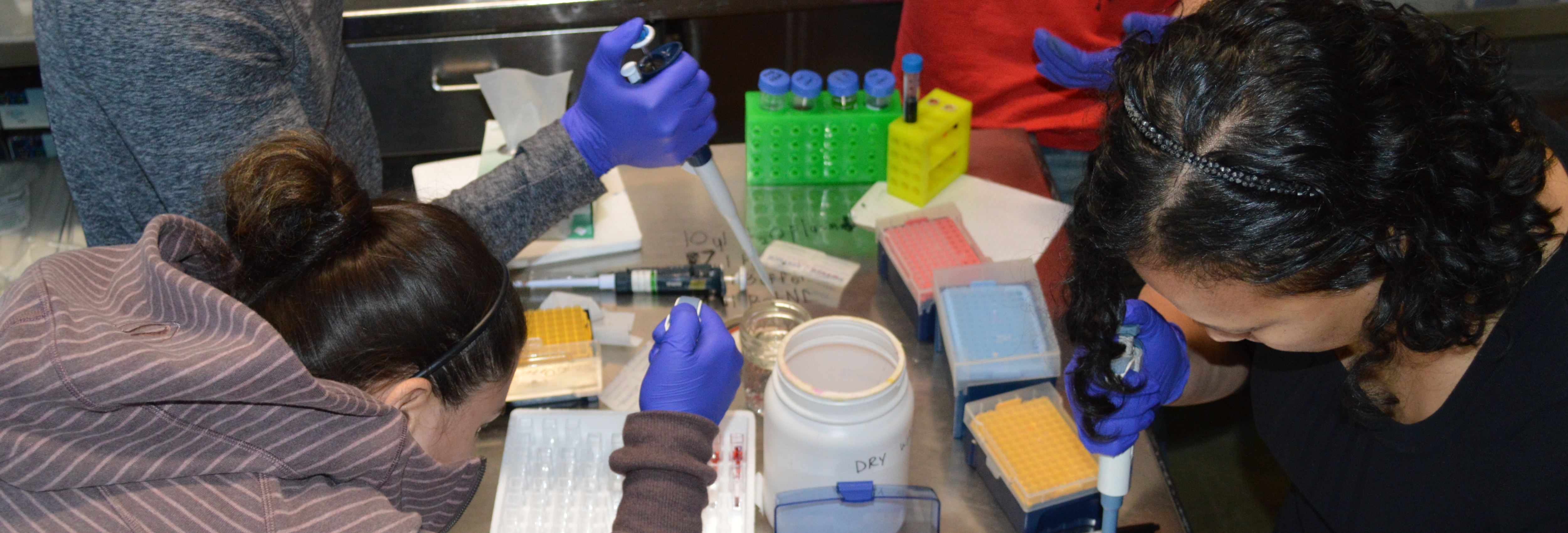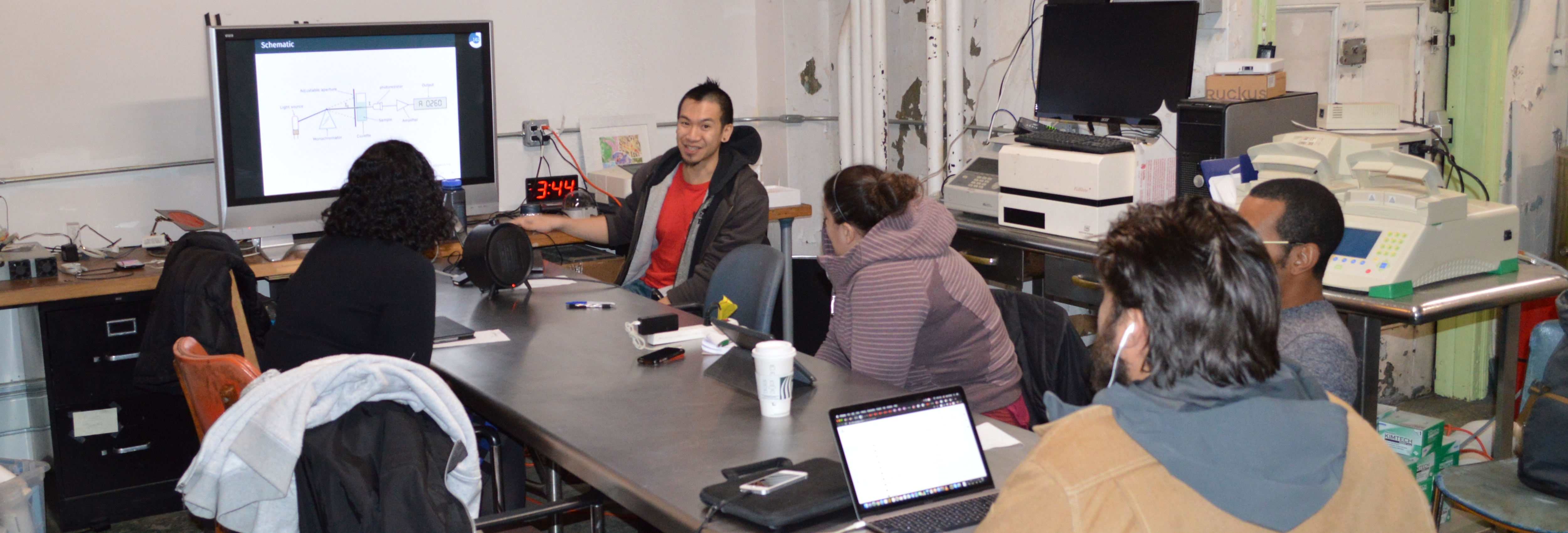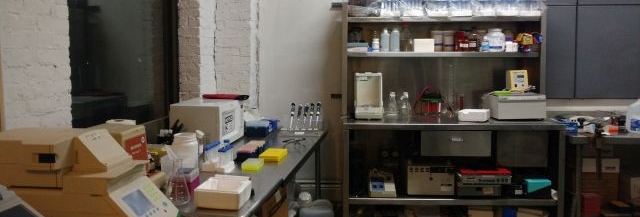For Learners
For those that seek to grow their biotech knowledge and bench skills. BwoB organizes workshops and discussions connecting you to potential teachers and mentors.
For Inventors
For those that tinker and make, who understand that even solo projects benefit from community support, BwoB provides a low-cost biolab to complete early proof-of-concept work.
For Everyone
For those that believe the tools of biotechnology should benefit everyday people, BwoB cultivates a community approach to science supported by rigor and compassion.
A community-led lab for everyone
Biotech Without Borders is a non-profit 501(c)(3) public charity dedicated to promoting the practice of biotechnology for useful and peaceful purposes in order to benefit humankind and the planet. It was founded in 2017 by Dr. Ellen Jorgensen, cofounder and former Director of Genspace, to continue and expand her work in democratizing biotechnology.
We believe that engaging the end users- all of us- in biotech through actual participation is the best way to ensure a greater future for us all. Shouldn't something this valuable be practiced worldwide, by the most diverse array of practitioners? An important part of our mission is to enable the hands-on practice of biotechnology by communities, groups and countries hitherto underrepresented in the biotech research landscape. We feel this is vital not only to ensure more responsible innovation, but to prevent a societal rift developing between the haves and have-nots.



